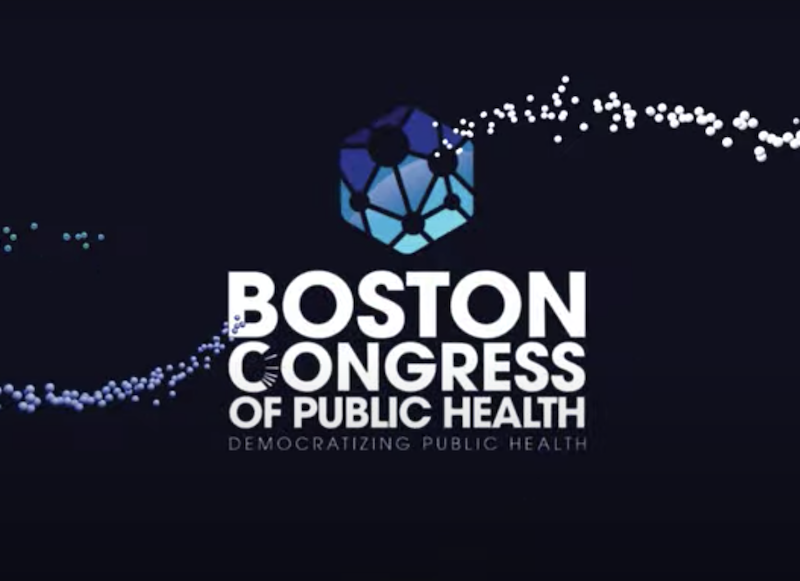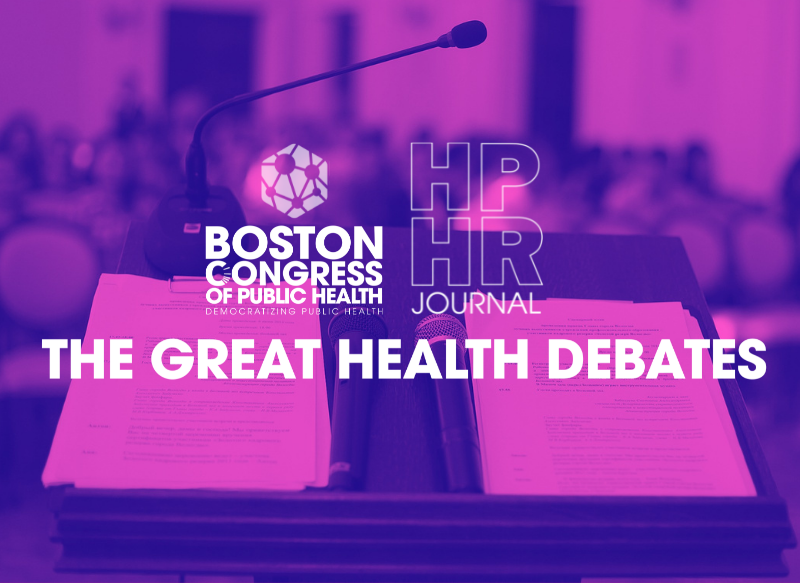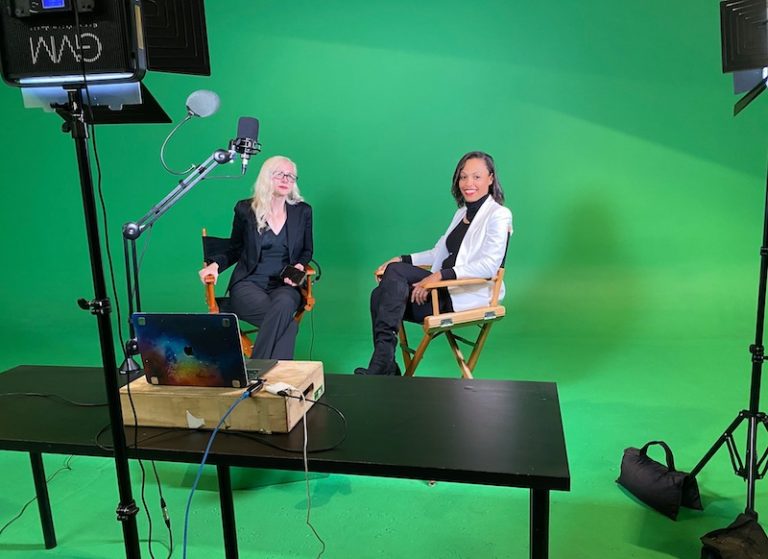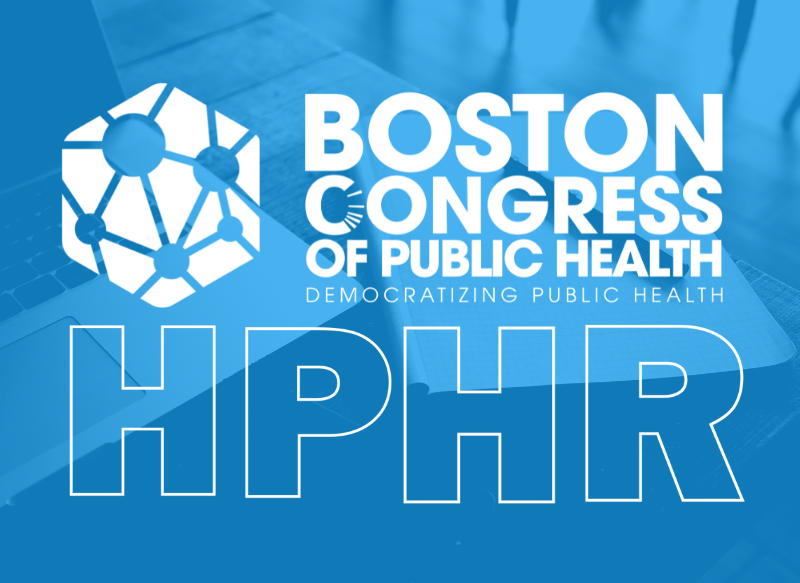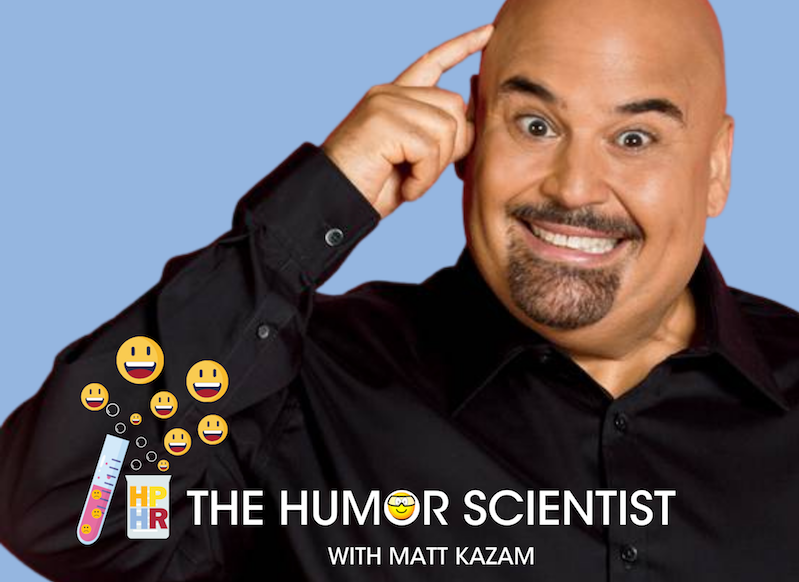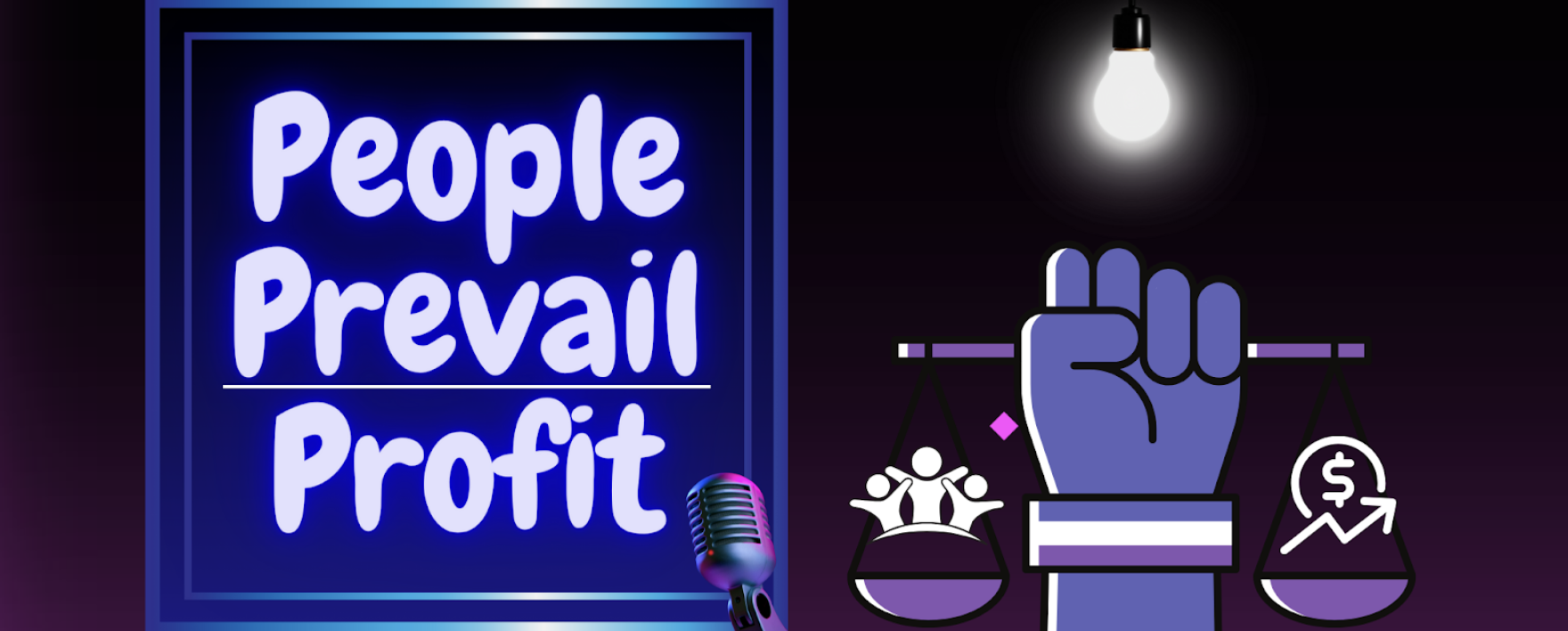
Getting coffee with a friend. Walking your dog in the park. Seeing your kid in the school play. Vacationing outside the home. Seeing the doctor. Owning clothes that fit.
What is the determining factor for access to the aforementioned? C.R.E.A.M.
Access to basic joys and freedoms of life costs money. In such a case, what is freedom? Can more than a few enjoy it in a capitalist society? During the pandemic, people asked existential questions: Why 40 hours of my week? Why couldn’t I work from home before? Why aren’t I paid more? Is this (or any) job worth the costs?
![[Image Description: Twilight shining on a fork in the road with the word “freedom” written on it amidst a groomed green and tan field]](https://bcph.org/wp-content/uploads/2024/10/Screenshot-2024-10-15-at-9.33.11-AM.png)
In the U.S., AKA the home of the free, all citizens purportedly have access to freedom simply because it was granted to them by a government that controls the narrative of what freedom is. The narrative that is perpetuated depends on what agenda is being pushed by which major political fraction at a given time. The reality is, it was decided upon the government’s inception that only some deserved freedom. The U.S. economy was built on the genocide and displacement of Native Americans and the kidnapping and extortion of enslaved Africans. Although circumstances have changed, this legacy of violence prevails today. For most, a key part of freedom is not living under the continuous threat of violence, but violence is something that capitalism encourages.
Capitalism requires a few to be at the top while benefiting from the exploitation of those remaining at the bottom. It was predetermined who would belong where. Therefore, capitalism and racism are inherently tied together as are capitalism and any other -ism for that matter. Let’s explore this further:
|
Why the obsession over who sleeps with who? A key part of sexuality that benefits capitalism is the reproduction and rearing of workers to replace those that retire or die, thus ensuring the reproduction of the social and economic system itself. Why obsess over preventing and “fixing” disabled folks rather than preventing and dismantling ableism? So capitalism can have more workers able to produce under its pressures. Why the obsession with genitalia? Same answer. The humanity of intersex, trans and nonbinary folks is denied because their existence forces questions about sexuality and gender roles. According to Wilkinson and Pickett, in hierarchical societies, the tendency is to “show respect and deference to superiors and treat inferiors with impunity and disdain”. Even if not spoken aloud, these ideologies drive how capitalism functions. |
“By reclaiming empathy as a core value, freedom can become a collective reality instead of a personal goal.” |
Such ideologies breed hostility and violence towards those deemed undeserving especially those with multiple marginalized identities. How do we know? The statistics regarding the disabled community, the transgender community, domestic violence, and poverty are prime examples that speak for themselves. Remember, use of power against a group or community resulting in deprivation is a form of violence. The same government programs that keep many disabled folks alive also have policies that keep disabled folks impoverished. Over a third of respondents in the preliminary report from the 2022 U.S. Transgender Survey were experiencing poverty at the time the survey was taken. In all of these examples, we see that deprivation is more prominent among those who are multiply marginalized.

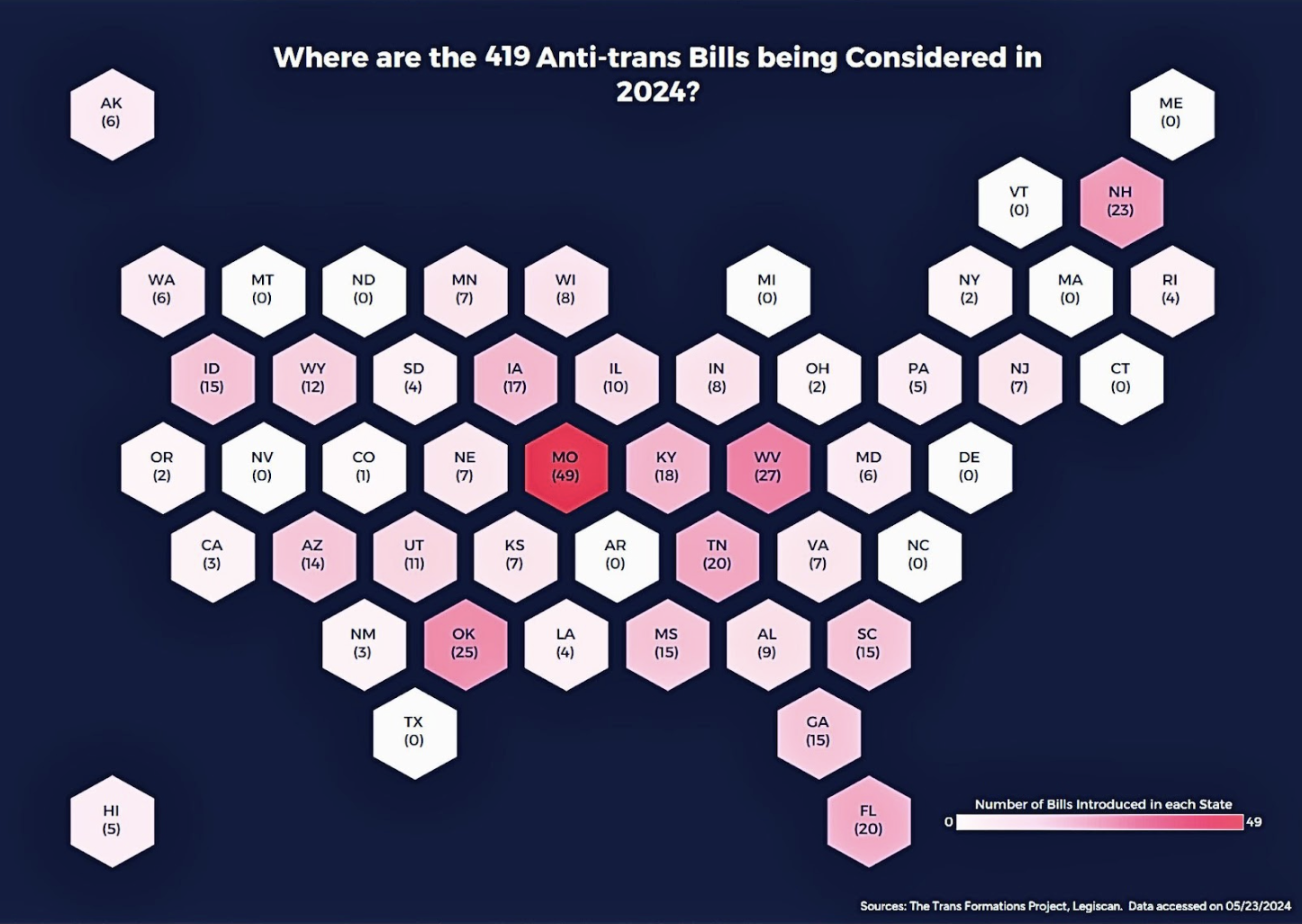
![[Image description: photo of an older woman with almond skin and grey hair facing a light source and smiling. Next to the photo is the quote “The only way a culture can be measured is to measure its ideas against its realities - Adeline Wanatee”]](https://bcph.org/wp-content/uploads/2024/10/Screenshot-2024-10-15-at-9.30.01-AM-1024x307.png)
Capitalism is a structure that has been inflicted upon life and distorts our view of it by forcing us to see the world through its lens, lest we perish. Life is something we don’t have control over. Social constructs, on the other hand, are erected, maintained, and/or dismantled by a collection of actions from individuals working towards similar goals whether those goals be nefarious or altruistic. Together, we can decide to go in a different direction. Until then, we can work to change the ways our workplaces and industries are run. By reclaiming empathy as a core value, freedom can become a collective reality instead of a personal goal.
Where do we begin? We must view our workplaces as public health spaces and support one another as we work to provide goods and/or services for the public. Implementing trauma informed practices, pushing for equitable pay and hiring practices, honing conflict resolution skills, using nonviolent communication, and pushing back against DEI restrictions are all great starting points.
If you are at the top of your industry or organization, these are steps you can take now. That said, everyone else should remember those on top usually don’t relinquish control unless compelled. It’s imperative that everyone organize and hold those in power accountable by unionizing, lobbying, forming class actions, coalition building and practicing community care. Above all, it means recognizing that access to basic human needs is freedom. As activist Adeline Wanatee once said “The only way a culture can be measured is to measure its ideas against its realities”. It’s time reality matched the ideal.
The mission of the Boston Congress of Public Health Thought Leadership for Public Health Fellowship (BCPH Fellowship) seeks to:
It is guided by an overall vision to provide a platform, training, and support network for the next generation of public health thought leaders and public scholars to explore and grow their voice.
